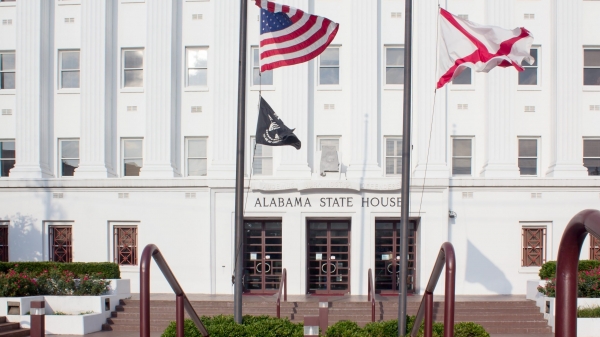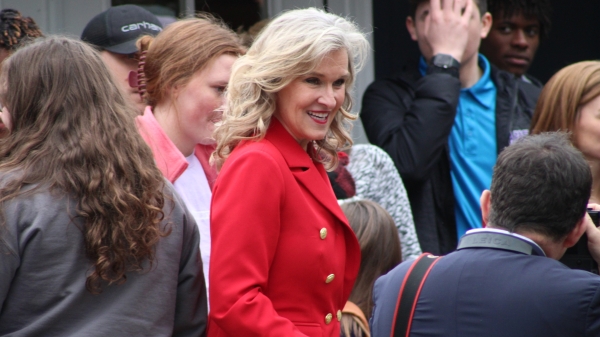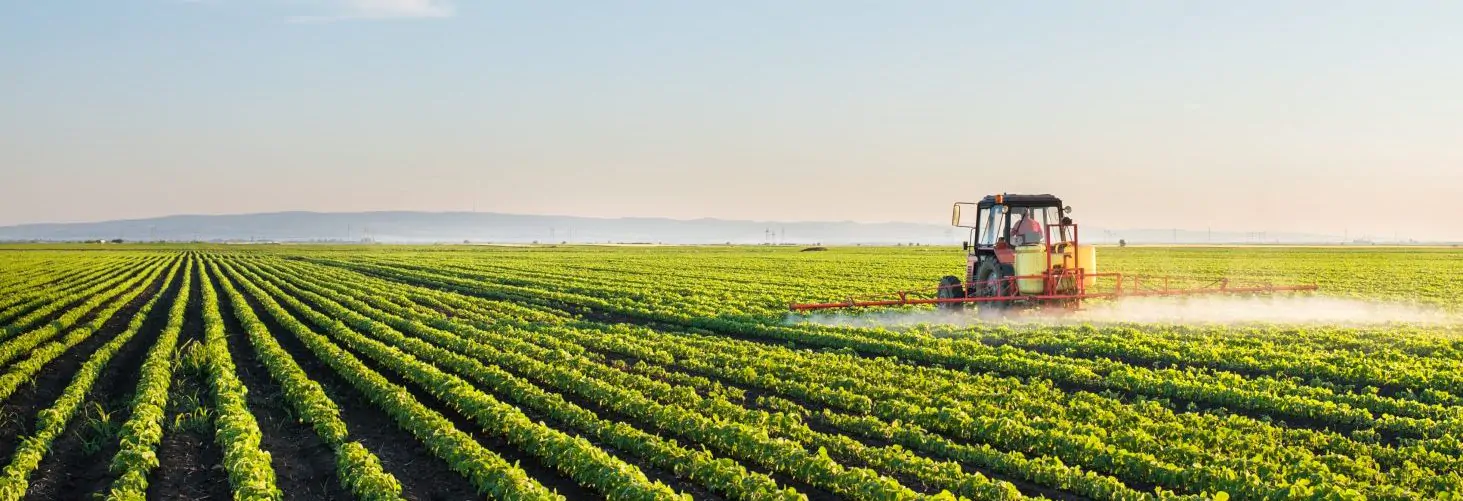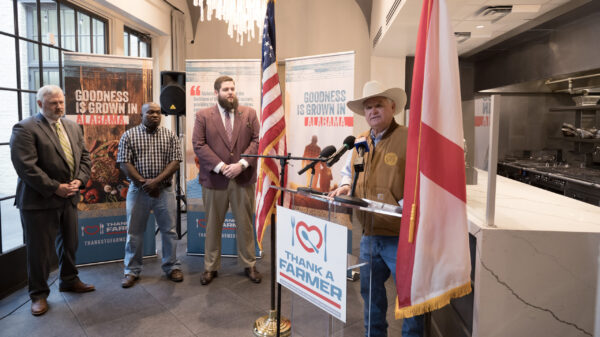By Brandon Moseley
Alabama Political Reporter
Humans don’t really need cell phones, movies, TV, automobiles, insurance, even banking, and electricity. These products make our lives better; but there is one industry that every person is a consumer of and is essential to human life — agriculture. We all eat food. Only 3.2 million Americans actually produce the food for all 325 million Americans. While 3.2 million is still a substantial number, those farmers and ranchers depend increasingly on inputs like seeds, herbicides, and pesticides. Only a handful of companies produce those inputs worldwide and two of the biggest seed giant Monsanto and global agrochemical powerhouse Bayer are in the process of merging.
The merger was proposed in the fall of 2016 and is currently under review by the European Commission, Brazil and the U.S. Department of Justice. Monsanto initiated the merger as an opportunity to combine seeds, traits, crop protection biologics and digital farming into a single “globally integrated agricultural platform.”
Scientists with Monsanto discovered a gene for herbicide resistance. Glyco-phosphate – tradename Roundup- kills plants. In 2001 Monsanto developed a genetically modified organism corn variety. Farmers could plant the Roundup ready corn and let it and the weeds come up; then spray the field with Roundup and everything died but the corn. It was far more effective and cheaper than mechanical cultivating the field to remove the weeds or tilling the soil to the point where there were few if any weeds left. In 2002 Roundup ready soybeans hit the market. Roundup Ready cotton and other products followed. By 2005 there was a billion acres of the new crops planted – all of it planted in seed purchased from Monsanto.
The result of these crop innovations has been greater integration of the seed and agricultural chemical markets and tighter consolidation of the entire agriculture industry which, according to research by Texas A&M, has already led to significantly higher seed prices.
Researchers at Texas A&M warn that allowing the merger of Monsanto and Bayer would create a single company with the largest share of the global market for all grain seeds and the seeds of a substantial number of vegetables, like broccoli, green beans, carrots and onions. The new company would control more than a third of the global market for corn seed, nearly 70 percent of the global market for cottonseed and up to 69 percent of U.S. approved herbicide-tolerant seeds for alfalfa, canola, corn, wheat, soybean and cotton.
All of this is a new phenomenon. Before 1990 there were 600 or more small, independent seed businesses, many of them family-owned in the world. The corporations began to buy out the smaller companies. By 2006 there were only 250 left. By 2009 only about 100 survived on the planet. Meanwhile the introduction of traited seeds means that seed prices of more than doubled.
Many farmers, especially soybeans farmers, kept back a portion of their harvest as seed for next year. Since Monsanto has patents on its seed, that became illegal and Monsanto has been zealous in the lawsuits that they have brought against farmers who plant Monsanto’s seed.
Between 1975 and 1996 averaged between four percent and 11 percent of the gross return from an acre of corn was spent on seed. Today typically the cost of the seed is 19 percent of the crop receipts.
For soybeans, seed went from an average of four percent to eighteen percent before 1996. Today the average soybean farmer spends 15 percent on seed and for farmers growing Monsanto’s Roundup-Ready 2 soybeans the seed typically cost 22.5 percent of gross income.
GMO traited cotton seed has increased from 15 percent of the market in 1997 to over 39 percent in 2009. In 2017 they had 85 percent of all the cotton grown in the U.S. During that time span the price of those seeds has risen from $73 per hundred pounds to $589 per hundred pounds.
More and more farmers are switching from conventional seeds to seeds that have been genetically modified
Today most of the seed on the planet is produced by just four companies: Monsanto, Bayer, Syngenta, and Dow DuPont. In 1994 the top four seed companies had 21 percent of the total global commercial seed sales. By 2009 they had 54 percent of all sales.
Monsanto is already the biggest of the big four. Combine it with Bayer and they would control over 35 percent of the global corn seed market, roughly 28 percent of the global soybean market, and almost 70 percent of the global cottonseed market.
A merged Monsanto-Bayer would also be the world’s largest agrochemical company, constituting roughly one-quarter of the global market and reaping annual revenues of more than $67 billion.
Monsanto has even greater dominance in the U.S. market. In 2009, 77 percent of all U.S. acres of cotton, 82 percent of all American acres of corn, and 95 percent of U.S. soybeans were planted with seed varieties containing Monsanto traits.
According to researchers at Texas A&M’s Agricultural and Food Policy Center the Monsanto-Bayer merger would result in farmers currently using Monsanto’s brands of cottonseed should expect seed prices to rise by 19.23 percent on average, and those using Bayer’s brands can expect price increases around 17.41 percent on average. Moreover, the Center’s calculations revealed a 75 percent probability that the seed prices of both companies would increase by almost 14 percent on average, and a 25 percent probability that combined seed prices would rise by an average of over 20 percent.
While no one has a farming monopoly and achieving that would be virtually impossible, a combined Monsanto-Bayer would have enormous control over both the seed and agro-chemical businesses that farmers depend on and at least in theory could demand a disproportionate share of total food dollars. Something no-one one else has ever come close to achieving.
Many farm groups are urging the U.S. Department of Justice, the European Union, and the Brazil government not to approve the merger.




















































